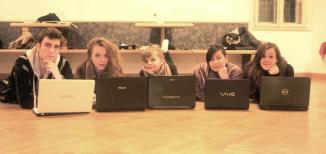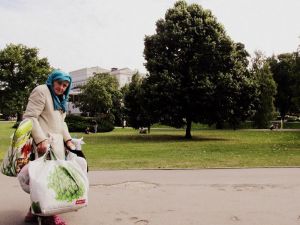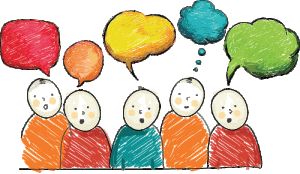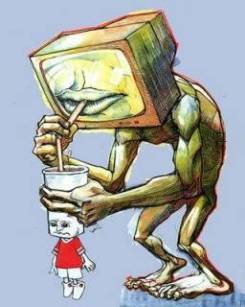Note before: the next four articles form a combined piece on Geert Hofstede’s research and book “Cultures and Organizations – Software of the mind”. Page numbers for references are indicated.
So  how do I introduce myself? So you understand. It is not as easy as I thought it was. There is a lot that’s different. Not only because of our cultural differences. But because there is so much to our cultural differences.
how do I introduce myself? So you understand. It is not as easy as I thought it was. There is a lot that’s different. Not only because of our cultural differences. But because there is so much to our cultural differences.
In the beginning of the book I thought about if it is worth to study these six dimensions further. I realised that they meant significant differential traits of our cultures. But I never actually really imagined these 6 dimensions. There is more to see in cultural differences than the general trends. The small differences are as important when understanding one another. Not only when understanding those from other cultures. Also, when understanding those of our own.
These are the values I grew up with, as they existed in my home country for my first 18 years. So this is where Latvia stands at according to the research:
Latvia stands rather low on power distance, measuring the inequality in a country. It has a rather high degree of individualism, as well as uncertainty avoidance, the latter meaning lower anxiety levels. Latvia scores rather high also on the long-term orientation measures. The country scores one of the lowest on masculinity and indulgence meaning modest and restrained cultural values.
Do I find it rather confusing when looking at it myself and considering myself Latvian? Yes, as I see things that are very different from what I see as my culture. However, when I look at my homeland, I do see these traits and they have always been present, they just haven’t affected my life to the level that would seem obvious, like my culture’s low indulgence hasn’t affected my happiness in the way I look at life, even coming from the same circumstances and having the same, rather restraining environment.
This underlines how the Hofstede’s research doesn’t really measure us as individuals, rather the deeper traits that are present within our cultures. While it doesn’t fully describe us as individuals, we will despite still have some of these values, while others might differ.
Also I feel very fortunate to have been born and raised until I am 18 in the same culture and in a relatively rural setting, which helps me to see these differences and how they have roots in the culture that I hold so dear to my little Latvian heart.

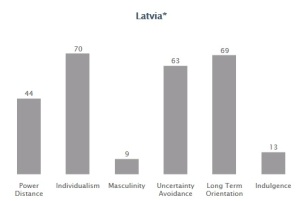

 never struck me as something outrageous. I always just thought
never struck me as something outrageous. I always just thought
